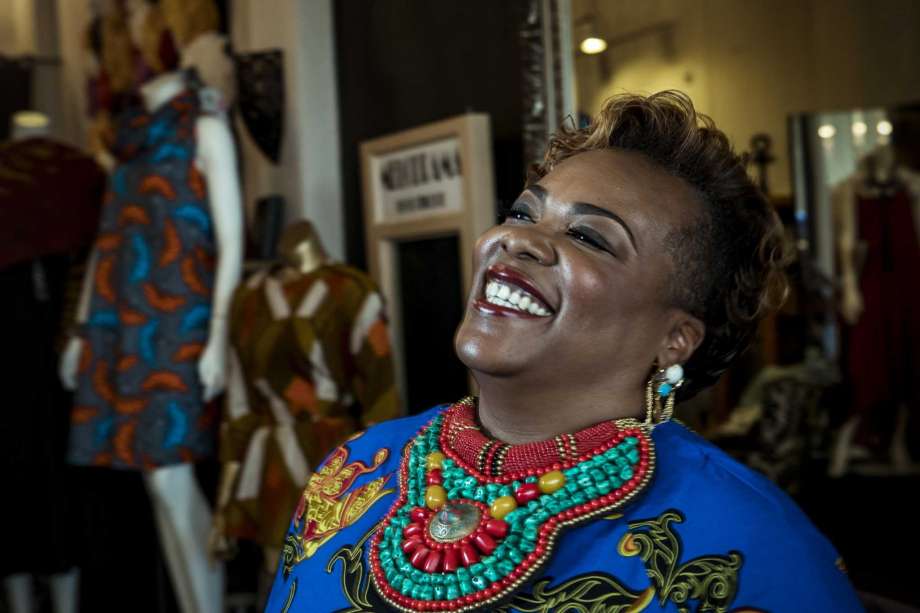
Rent for Houston retail space has risen to an all-time high, despite a long-term decline in brick-and-mortar businesses.
The average asking rent for Houston retail space during the first quarter rose to $16.90 per square foot, up 4.1 percent from the same period last year. Prices have climbed 20 percent over the past five years to a record high, according to a new report from NAI Partners, a local commercial real estate firm.
“In many areas, retail leasing rates are gradually rising,” Leta Wauson, NAI’s research director, said. “Factors such as income level, demographics and daytime traffic counts seem to justify the higher rents.”
High-profile bankruptcies of big-box retailers tend to dominate industry headlines. For example, Toys R Us in March announced the closure of more than 700 stores nationally, including 18 in the Houston area.
The data for Houston’s brick-and-mortar retail space, however, paints a different picture of the industry. Rents are rising, vacancy levels have fallen after a brief uptick and occupancy levels have remained at or above 94 percent since the end of 2013, according to NAI.
“I don’t think the retail market is soft or struggling,” Ed Wulfe, chairman and CEO of Houston-based retail brokerage Wulfe & Co., said. “Retail concepts are coming and going. But that’s the nature of retail. It’s always churning.”
Buyers are opening their pocketbooks as oil prices march toward $70 a barrel and job growth returns to the city, Wulfe said. The one weakness in Houston’s retail market, he said, is smaller, older malls that are struggling to stay in business as some department stores and big-box retailers go belly up.
“Older malls are struggling,” Wulfe said. “They’re having to rethink and reimagine the spaces that used to be occupied by department stores.”
To be sure, developers are building fewer and smaller stores with the growing popularity of e-commerce, and rising property taxes may account for much of the rent increase borne by retailers. Still, there are many new retailers looking to enter the market, and large vacancies left behind by bankrupt retailers such as Toys R Us will likely be filled in less than a year by other expanding retailers said Jason Baker, co-principal of Houston-based retail brokerage Baker Katz.
“Retail gets definitely beat up when all anyone reads about are bankruptcies and closings,” Baker said. “But every day, there are online retailers, like Amazon, looking for bricks and sticks stores. For a sophisticated retailer to be successful today, you’ve got to do both.”
Retail rents will likely keep rising as construction costs for labor and materials goes up. The passage of Houston’s new building codes mandating new construction be elevated two feet above the 500-year flood level will likely inflate rents.
“Building up just adds to the cost,” Baker said. “It’s going to make building small retail more challenging.”
Jackie Adams, the owner of Melodrama Boutique in the Third Ward, said there’s misinformation about the health of Houston’s retail market. The Houston entrepreneur and fashionista said it’s competitive trying to find good retail locations at the right price, adding she sticks with longer five-year leases to keep her overhead costs from fluctuating widely.
“I don’t think brick and mortar is dying,” she said. “My clients still like the hands-on experience, the customer service and talking to a real person. People still want that.”
By Paul Takahashi
Read the Original Article HERE